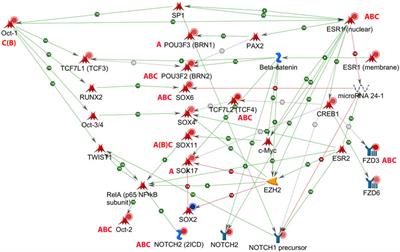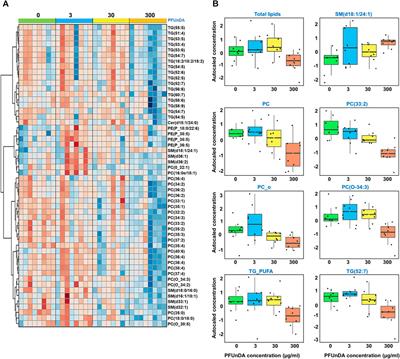ORIGINAL RESEARCH
Published on 11 Nov 2021
Converging Effects of Three Different Endocrine Disrupters on Sox and Pou Gene Expression in Developing Rat Hippocampus: Possible Role of microRNA in Sex Differences

doi 10.3389/fgene.2021.718796
- 1,686 views
- 6 citations



